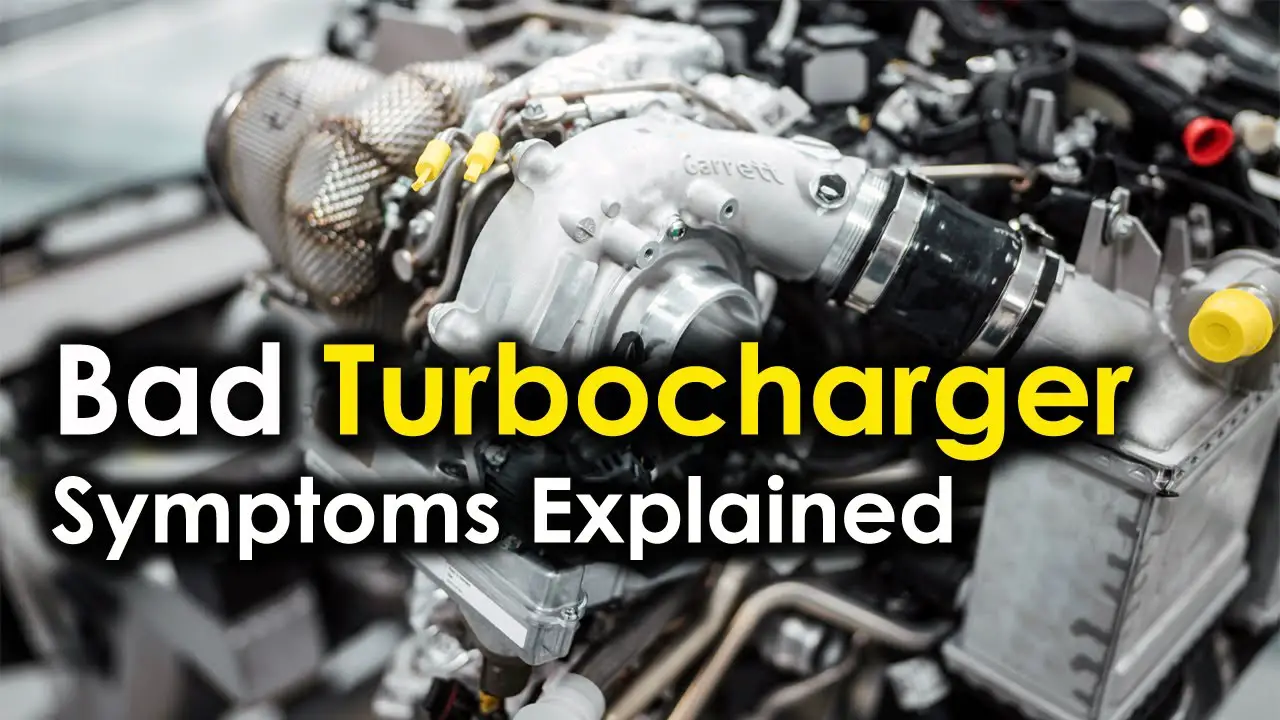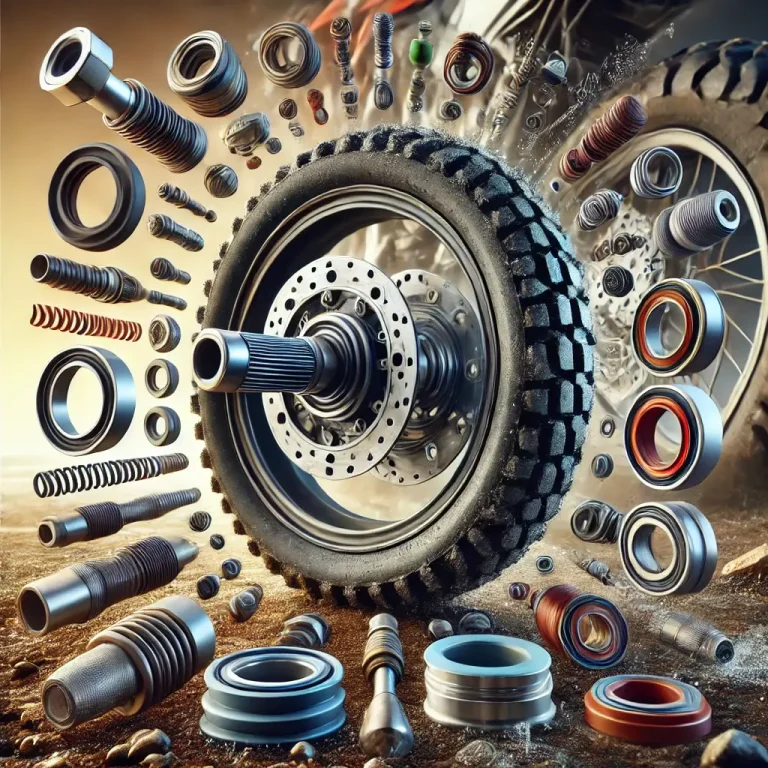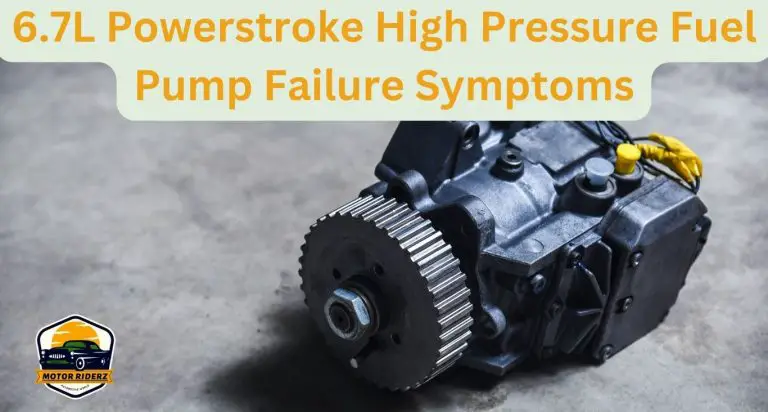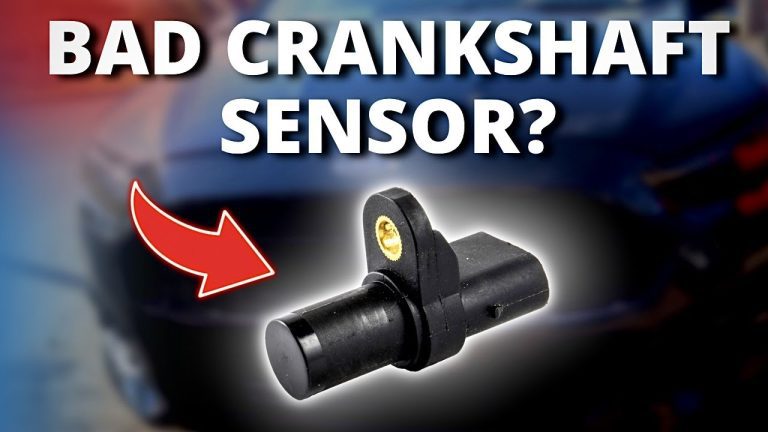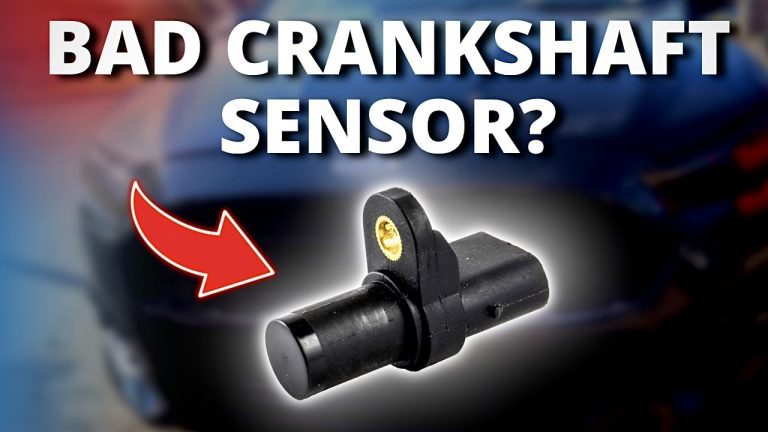Symptoms of a Bad Turbo
Turbochargers are a key component of many modern engines, especially in vehicles with smaller displacement engines. They work by compressing the air going into the engine, allowing more air and fuel to be burned, resulting in increased power output. However, like any mechanical part, turbochargers can experience problems over time. In this article, we’ll explore the common symptoms of a bad turbo and how to recognize potential turbocharger issues.
Common Symptoms of a Bad Turbo
Recognizing the signs of a failing turbocharger is crucial to prevent further damage to the engine and other components. Here are some common symptoms to watch out for:
1. Loss Of Power
A noticeable decrease in engine power is often one of the first signs of a bad turbo. If your vehicle feels sluggish and struggles to accelerate as it normally does, it could indicate a problem with the turbocharger.
2. Engine Warning Lights
When a turbocharger experiences issues, it can trigger the engine management system to illuminate the check engine light on the dashboard. This warning light can indicate a range of potential problems, including with the turbocharger.
3. Excessive Smoke From The Exhaust
If you notice an increase in the amount of smoke coming from your exhaust, particularly if it’s dark or blue in color, it could suggest that the turbocharger is leaking oil into the exhaust system. This can be a sign of a failing turbo.
4. Loud Whining Or Siren Noises
Unusual sounds such as a loud whining or siren-like noise coming from the engine or turbo area could indicate issues with the turbocharger. These noises may be more noticeable during acceleration or when the engine is under load.
5. Excessive Exhaust Noise
A damaged or worn turbocharger can result in increased exhaust noise, often described as a loud whooshing or whistling sound. This noise can be particularly noticeable during acceleration.
6. Increased Oil Consumption
A failing turbocharger may cause an increase in oil consumption as oil leaks into the intake or exhaust system. If you find yourself needing to top up the oil more frequently than usual, it may be a sign of turbocharger problems.
7. Visible Wear Or Damage
Inspecting the turbocharger for visible wear or damage can also help identify potential issues. Look for oil leaks around the turbo housing, damaged compressor or turbine blades, or excessive shaft play, which can all indicate a failing turbo.
What Causes Turbocharger Problems?
Understanding the potential causes of turbocharger problems can help prevent issues from occurring in the first place. Some common causes of turbocharger issues include:
- Lack of Lubrication: Insufficient lubrication to the turbocharger can lead to premature wear of bearings and other internal components.
- Excessive Shaft Speed: Operating the turbocharger beyond its designed limits, such as through aftermarket modifications, can lead to turbo failure.
- Foreign Object Damage: Debris entering the turbocharger can cause damage to the compressor or turbine wheel, leading to performance issues.
- Improper Cooling: Overheating of the turbocharger, often due to a lack of proper cooling or oil circulation, can cause damage to the unit.
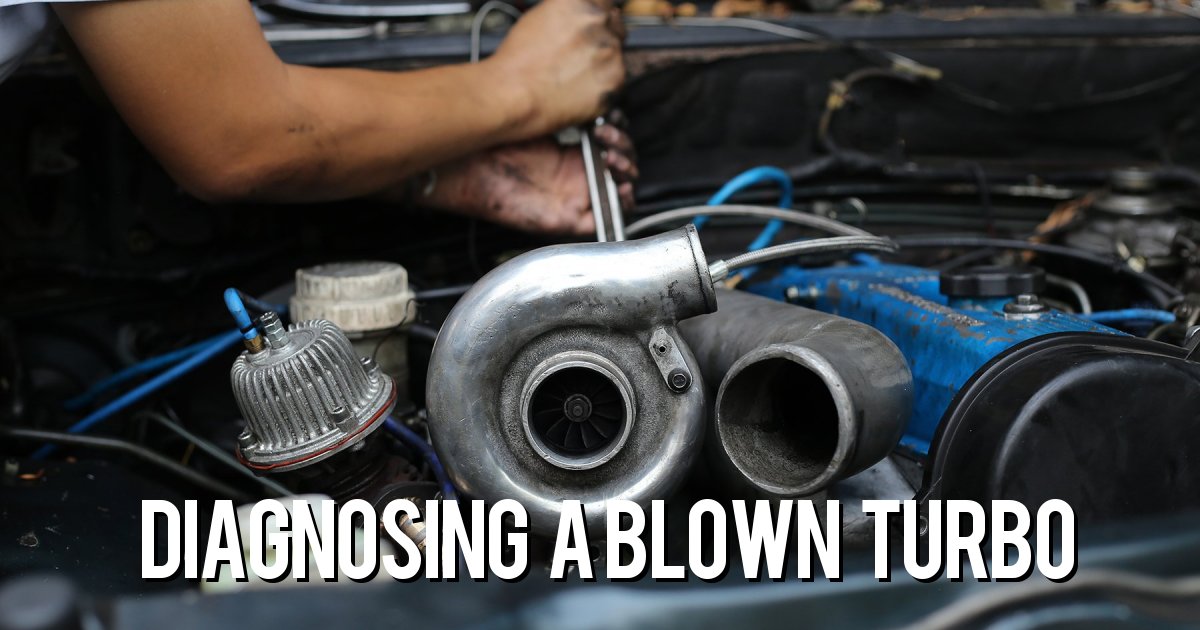
Credit: www.garage-express.co.uk
Frequently Asked Questions On Symptoms Of A Bad Turbo
What Are The Common Symptoms Of A Bad Turbo?
A bad turbo may cause black or blue exhaust smoke, loss of power, and loud whistling sounds.
How Can I Tell If My Turbo Is Failing?
You may notice decreased acceleration, increased fuel consumption, and a burning smell in the engine.
Why Does A Bad Turbo Cause Loss Of Power?
A failing turbo can lead to reduced air pressure and insufficient engine power output.
Can A Bad Turbo Affect My Vehicle’s Fuel Economy?
Yes, a malfunctioning turbo can increase fuel usage due to inefficient combustion processes.
Conclusion
Recognizing the symptoms of a bad turbo and understanding the potential causes of turbocharger problems is essential for maintaining the performance and reliability of your vehicle. If you notice any of the aforementioned symptoms or suspect issues with your turbocharger, it’s important to have the vehicle inspected by a qualified mechanic to diagnose and address the problem promptly. Ignoring turbocharger issues can lead to more extensive and costly repairs down the line, so addressing problems early is key to ensuring the long-term health of your vehicle.

